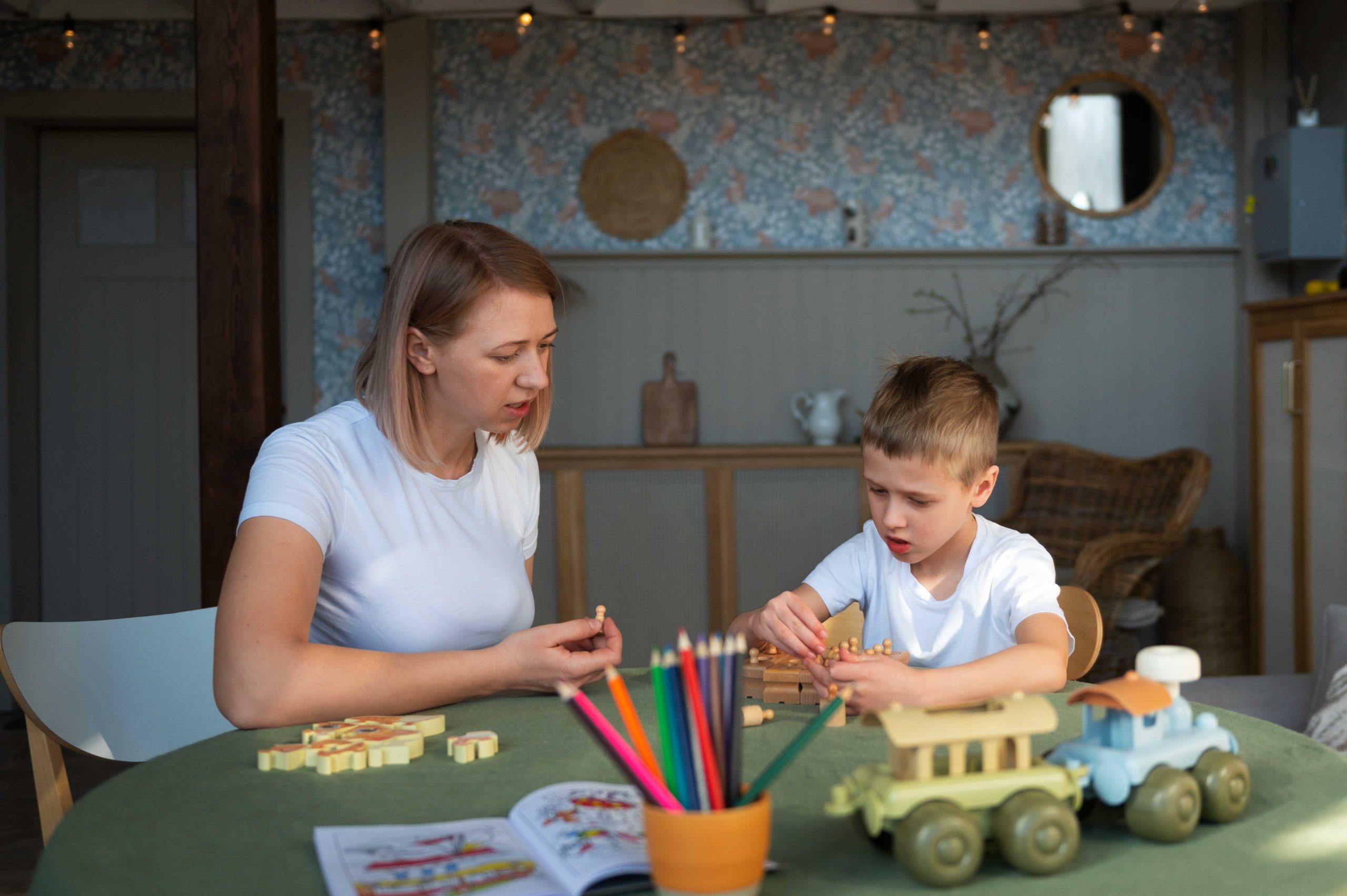
Nurturing Resilience: Understanding and Addressing Challenging Behavior in Preschoolers
Preschoolers are delightful and energetic individuals who are constantly exploring the world around them. However, at times, they may exhibit challenging behavior that can leave parents and caregivers feeling overwhelmed and unsure of how to respond. Challenging behavior in preschoolers is a natural part of their development and can stem from a variety of factors. In this article, we will delve into the complexities of preschooler challenging behavior, explore its underlying causes, and provide strategies to support their emotional well-being and promote positive behavior.
Understanding Challenging Behavior: The Complexity Within
Preschooler challenging behavior encompasses a range of actions such as tantrums, aggression, defiance, and impulsivity. It is crucial to recognize that these behaviors are not indicative of a “bad” child but rather an expression of their unmet needs, limited emotional regulation skills, and developing social understanding.
Addressing Challenging Behavior: Strategies for Support
Navigating challenging behavior in preschoolers can be a complex and sometimes overwhelming journey. By understanding the underlying causes of challenging behavior and implementing strategies to support their emotional well-being, we can nurture resilience and promote positive behavior in preschoolers. Remember, every child is unique, and what works for one may not work for another. It is important to approach each situation with empathy, patience, and a willingness to adapt strategies as needed. By fostering a supportive and nurturing environment, we can empower preschoolers to navigate their emotions, build positive relationships, and thrive as they continue their journey of growth and development.
Exploring Challenging Behavior Triggers: A Deeper Look
To effectively address challenging behavior in preschoolers, it is crucial to identify and understand the triggers that may contribute to their actions. By recognizing these triggers, caregivers can proactively intervene and provide the necessary support. Let’s explore some common triggers and strategies to address them:
Remember, each preschooler is unique, and the triggers for challenging behavior can vary. It is essential to observe and understand individual patterns and tailor strategies accordingly. By addressing these triggers and providing appropriate support, caregivers can create a nurturing and conducive environment for preschoolers to thrive.
Working in Partnership: Collaborating with Parents and Caregivers
Addressing challenging behavior in preschoolers requires a collaborative approach between parents, caregivers, and educators. Open and consistent communication is key to understanding the child’s experiences across different environments. Let’s explore some strategies for fostering effective collaboration:
By working together in a partnership, parents, caregivers, and educators can provide a strong support system for preschoolers, promoting their emotional well-being and positive behavior development.
Addressing challenging behavior in preschoolers requires a holistic understanding of their individual needs, triggers, and developmental stages. By recognizing and addressing the underlying factors contributing to challenging behavior, caregivers can implement strategies to support preschoolers’ emotional well-being and promote positive behavior. Collaboration between parents, caregivers, and educators plays a vital role in providing consistent guidance and creating a nurturing environment for preschoolers to thrive. Remember, each preschooler is unique, and it may take time and patience to find the most effective strategies. With empathy, understanding, and a commitment to their growth, we can help preschoolers navigate challenging behavior and develop into confident and resilient individuals.
The journey of addressing challenging behavior in preschoolers can be a challenging and rewarding one. It requires patience, empathy, and a willingness to adapt strategies as needed. As caregivers, our role is to guide and support preschoolers in developing the skills they need to navigate their emotions, communicate effectively, and engage in positive behavior.
It is important to remember that challenging behavior is a normal part of preschooler development. By viewing it as an opportunity for growth and learning, we can approach it with compassion and understanding. Each challenging behavior presents an opportunity to teach valuable life skills, such as emotional regulation, problem-solving, and social interaction.
As we navigate this journey, it is important to seek support and resources. Consult with professionals, such as pediatricians or child psychologists, who can provide guidance and specialized strategies. Additionally, connect with other parents and caregivers who may have faced similar challenges. Share experiences, exchange ideas, and offer support to one another. Together, we can build a community that empowers and uplifts both the preschoolers and ourselves.
In conclusion, addressing challenging behavior in preschoolers requires a multifaceted approach that encompasses understanding the underlying causes, implementing effective strategies, and fostering collaboration between parents, caregivers, and educators. By nurturing resilience, promoting emotional well-being, and supporting positive behavior, we lay the foundation for preschoolers to grow into confident, empathetic, and well-adjusted individuals. Let us embrace this journey with love, patience, and a commitment to their holistic development.


